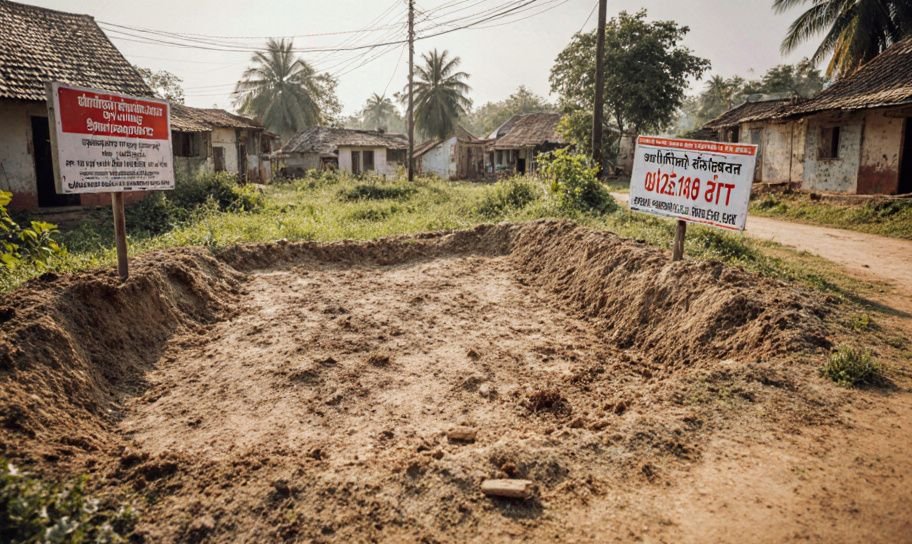
Here's the scoop on a recent court case where Enkatala Golla Narsimlu came out on top in a land dispute. Let's break down what happened.
Enkatala Golla Narsimlu filed a lawsuit to claim ownership and get back a piece of land measuring 15x15 feet in Tangadpally Village. He bought the land from Vadde Venkamma in 2008 with an official sale document. But, he found out that some people had built on his land without permission.
The people who built on the land argued that the land originally belonged to a man named Papaiah (Father), who left it to his six sons. One son, also named Papaiah (Son), claimed he bought out his brothers and sold the land to Mangali Anjaiah with an unofficial sale document in 2007.
The trial court didn't accept the defendants' unofficial sale document as evidence because it wasn't properly registered. According to the law, documents for land sales must be officially registered to count. Justice Renuka Yara emphasized this point in her decision.
"As per Section 54 of the Transfer of Property Act, any document which conveys immovable property exceeding value of Rs.100/- needs to be registered."
The plaintiff's claim was strong because he had an official sale document from Vadde Venkamma, who had a clear ownership of the land. The court ruled in his favor, ordering the defendants to leave the land.
Mangali Anjaiah appealed the decision, but both the First Appellate Court and the Second Appeal Court, led by Justice Renuka Yara, agreed with the original ruling. They found no important legal questions to reconsider the case.
"The plaintiff’s ownership is valid and stands to legal examination."
The court confirmed that having a registered deed is crucial in land disputes. The plaintiff's paperwork was in order, leading to his victory. This case highlights the importance of proper documentation in land transactions.